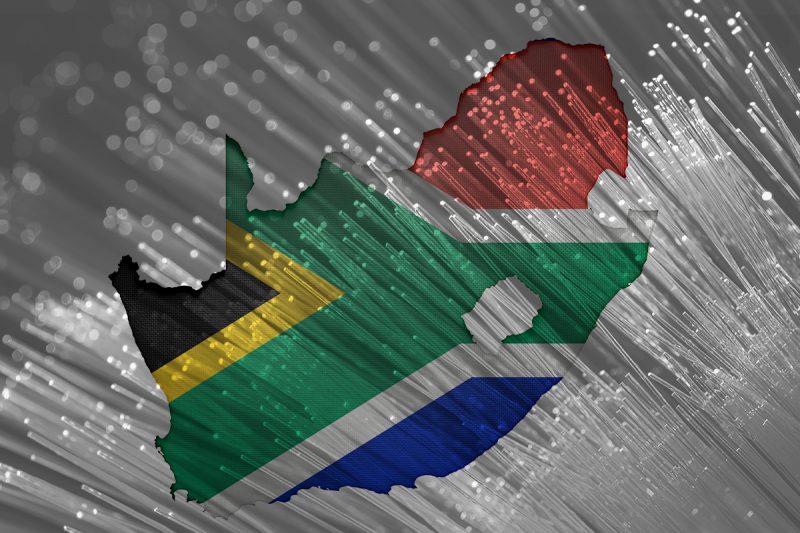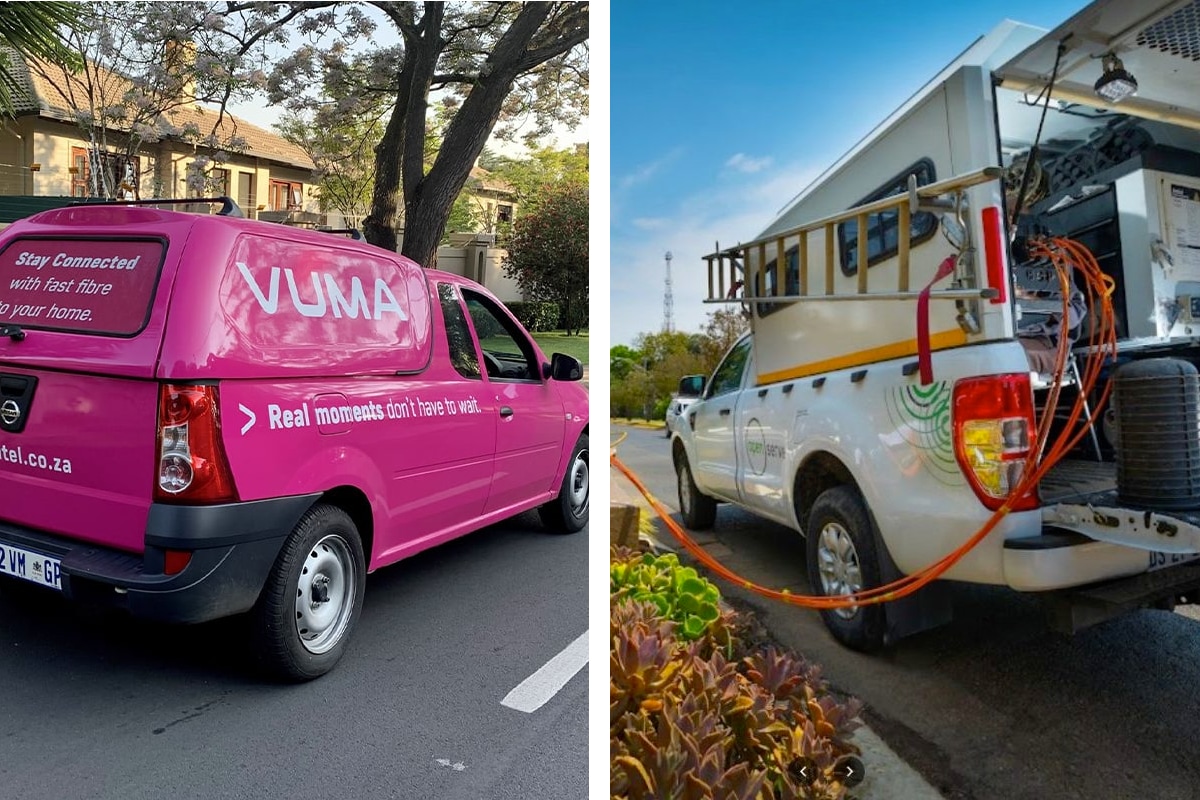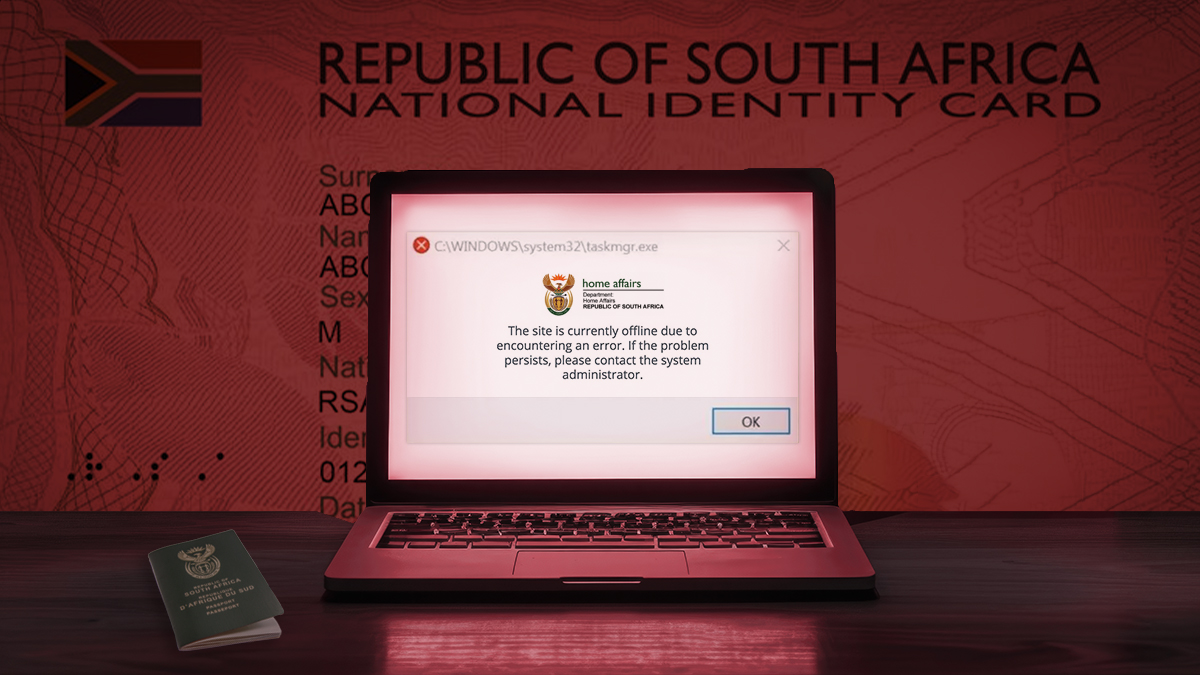Fibre price pain in South Africa

South Africa’s two largest fibre network operators (FNOs) appear to be developing a habit of increasing prices without benefits after years of speed increases paired with the adjustments.
The demand for more bandwidth from households working and learning from home during the Covid-19 pandemic saw many FNOs increase speeds for free to end-users, initially for limited periods.
As it became clear that there was more than enough capacity to go around and an appetite for more speed, some FNOs made the changes permanent with either no or minimal price increases.
In the years that followed, FNOs continued to increase their speeds but also hiked prices. Some no longer offer any packages with speeds under 50Mbps on their main networks.
While the value of the packages improved when measuring the effective price of Megabit-per-second of speed, some customers were forced to switch to a faster package which they did not need.
The strategy drew sharp criticism from the Internet Service Providers’ Association (Ispa).
Ispa said that not all consumers wanted or needed a faster service and some would prefer keeping their old speeds at their old price.
Offering customers faster speeds as a sweetener to the bitter pill of a price increase makes a lot of sense for FNOs, as providing faster lines is often not significantly more expensive for them.
However, Ispa pointed out that speed increases can erode ISPs’ profit margins as they have to procure additional capacity. ISPs were also sometimes forced to absorb wholesale price hikes to prevent chasing away customers, it said.
There are at least seven major FNOs that have increased or are increasing FTTH prices in 2025.
The first was Frogfoot hiking prices in February 2025.
South Africa’s two biggest FNOs — Vumatel and Openserve — recently announced wholesale price changes from April 2025 with no speed improvements.
With last year’s price changes, the two big players also made no changes in terms of speed.

Contrary to global and mobile trends
The annual hikes are noteworthy considering annual broadband pricing benchmark reports by multiple companies — including Cable.co.uk and Surfshark — show that Internet prices are declining internationally.
Although cellular operators like Vodacom and MTN also increase the prices of many of their products annually, they often upgrade packages with additional mobile data, airtime, and minutes.
That has resulted in the overall effective prices of these products declining.
The same was the case when looking at the effective cost per Mbps of speed on fibre lines while FNOs were upgrading speeds in conjunction with price increases.
It is interesting to note that these speed increases are happening while fibre infrastructure expansions are slowing down.
Apart from Openserve, all the country’s major FNOs have curbed new rollouts. This is due to financial pressures, including higher interest rates, and fewer neighbourhoods with a critical mass of interest still being unconnected.
Load-shedding has also reduced significantly, so FNOs are not spending as much on backup power as in previous years.
However, many FNOs relied on debt to finance infrastructure investments — including the load-shedding protection they rolled out when rotational power cuts were at their worst in South Africa.
While they may not be rolling out as much new infrastructure or face as much load-shedding, the debts they incurred to invest in their networks must be repaid.
The higher interest rates remain, the more expensive it will be for FNOs to service this debt. This is in addition to factors like inflation, which impacts various other operational costs.
MyBroadband asked Vumatel and Openserve about the reasons behind their price hikes and by how much they were increasing their wholesale prices. Neither would give specific figures.
Vumatel said the changes were in line with inflation and rising operating costs “consistent across the telecommunications industry.”
“Vuma has made every effort to minimise the impact on our customers while ensuring that we can continue to provide a reliable and high-quality service.”
Customers on both the main Vuma Core product and more affordable Vuma Reach packages were impacted by the adjustments.
However, pricing on Vuma Key, the company’s entry-level FTTH offering for households earning less than R5,000 per month, was not changed.
While it did not comment on this specifically, Vumatel took on significant debt to establish its network and overtake Openserve as the largest fibre network operator in South Africa. Its debt book stood at around R20 billion in 2024.
Many other major operators also took on lots of debt and have spent substantial sums on items like backup batteries from previous years, which they want to make up now.
Openserve told MyBroadband its adjustments were necessary to ensure it could continue to deliver a quality network and service.
Ispa also pointed out that FNOs were exposed to the same supply-side issues as the rest of the South African economy.
“These include energy supply constraints, vandalism, inflated construction costs and maintenance costs,” the association said.
“Increased geopolitical and currency exchange risk will also be a major concern, given the dependence of FNOs on imported equipment.”
































